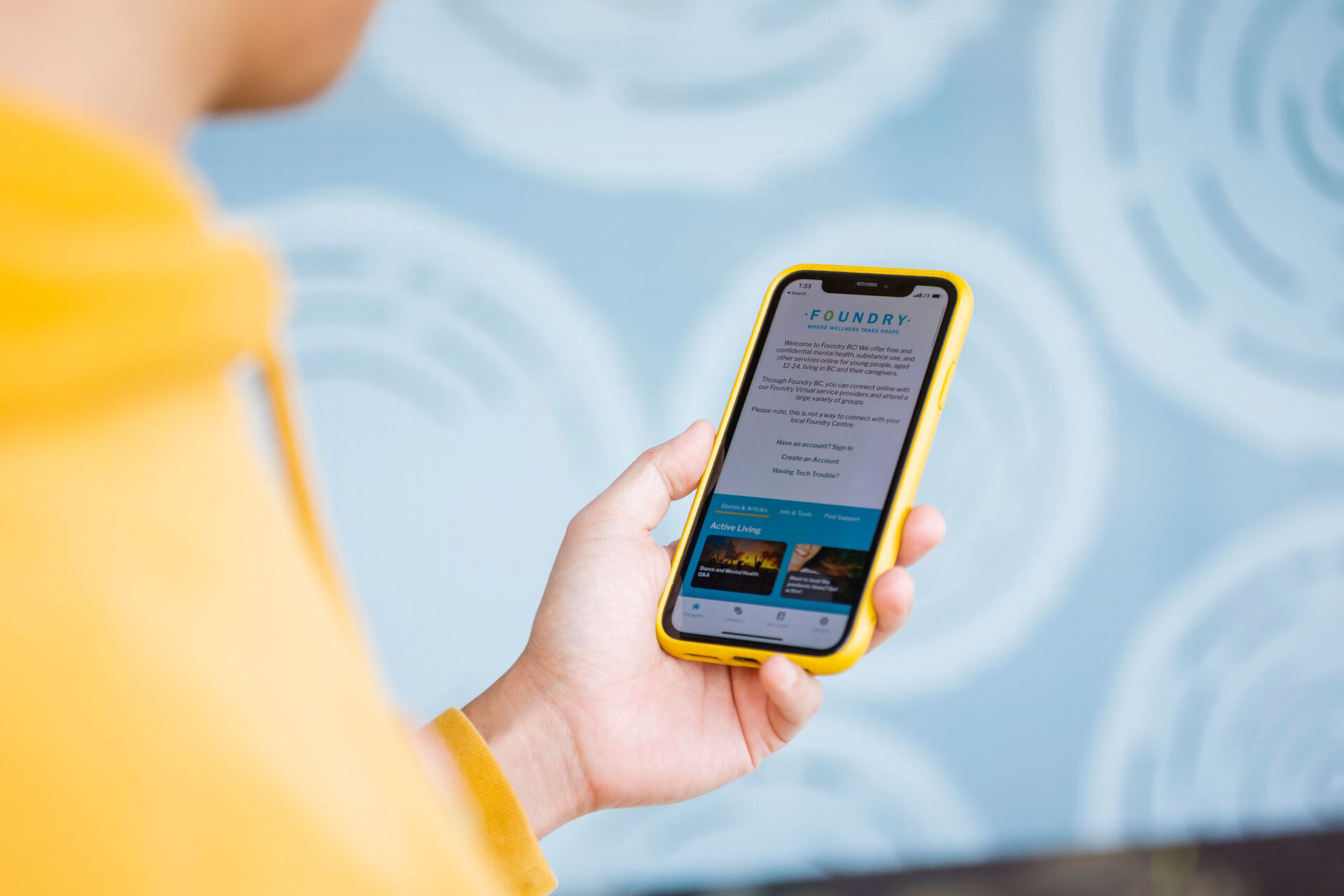10 Questions to Ask Yourself When Using a Mental Health App
These questions can help while you’re thinking about what’s important for you when you choose an app, and some suggestions for what to do if you think it’s time to make a change.

A note on mental health apps: Mental health apps are not a substitute for seeking professional mental health support or mental health treatment. Only professionals can make a diagnosis. Keep in mind that apps can help manage symptoms linked to mental illness. Apps do not consider all experiences or possible reasons why a person may be exhibiting symptoms. The original research can be found for further reading here.
Every new app takes a bit of time to get used to using. It’s also alright if you started using an app and want to stop using it. Apps update all the time and may not work for you if things change. Mental wellness apps are meant to support your mental health journey, not make it more difficult. These are just a few questions you can ask yourself when you reflect on the tools you’re using to make your journey easier.
Research to support these 10 questions was done by Dr. Julie Robillard and her team at the University of British Columbia and BC Children’s & Women’s Hospitals to inform a sustainable methodology and platform to enable an end-user driven evaluation of mental health apps. Focus groups were conducted with end-users (youth and young adults) across BC. These group interviews were conducted in Vancouver, Victoria, Penticton and Abbotsford in 2019, and a total of 47 participants aged 15-24 participated. The data were thematically coded and the results were provided to the rating tool project team.
